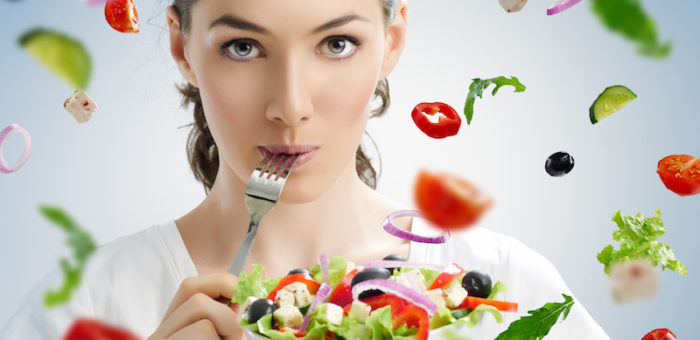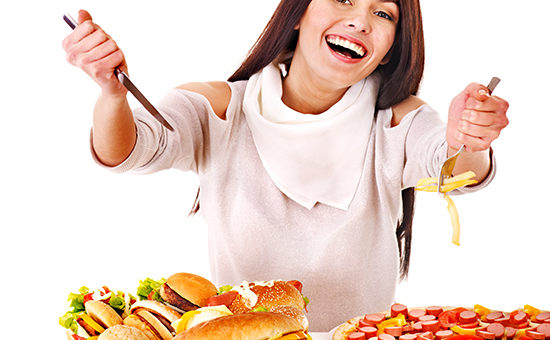
Dos and Donts during Ramadan fasting
Ramadan is the month of fasting and prayers for believers of Islam. Fasting is obligatory for all adult, healthy Muslims. During fasting, no food or water intake is permitted from dawn to dusk. Who all are exempted: Children below the puberty age Mentally incapacitated individuals People with acute illness Chronic illness as diabetes with complications While travelling for distances more than 50 miles Menstruating women Pregnant and breast feeding women What are the Risks? Category 1 - Subjects at very high risk – should preferably not fast Episode of severe hypoglycaemia (assistance was needed for recovery) in the last 3 months Recurrent hypoglycaemia Hypoglycaemia unawareness Sustained poor glycaemic control Ketoacidosis in the previous three months Type 1 Diabetes Acute illness Persons performing intense physical labour Pregnancy People on long term…



